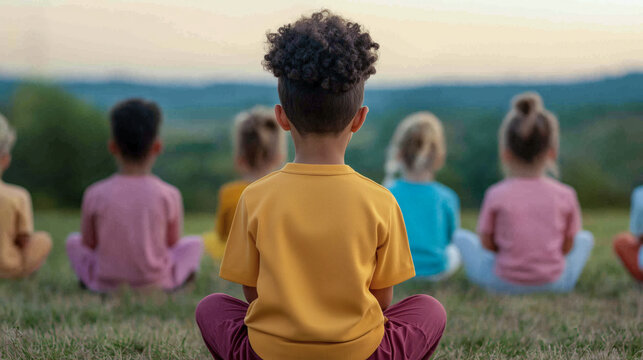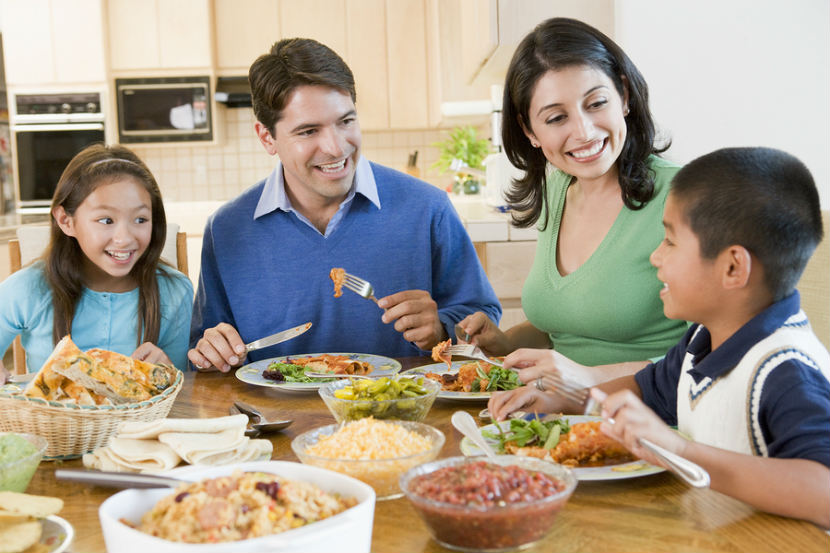Attention Deficit Hyperactivity Disorder, otherwise known as Turning ADHD Struggles, poses certain difficulties not only for the affected child but also for the family as a whole. These challenges, which include trouble concentrating, impulsive behavior, and angry outbursts, can affect daily life, as well as relationships. Fortunately, there is a cure for this scenario: it is as simple as practicing gratitude. In this way, the perception of what seems difficult changes. For families seeking additional support, ADHD Testing NJ can provide valuable insights into a child’s specific challenges and needs. This blog seeks to inform the audience about the various struggles children with Turning ADHD Struggles encounter daily and how simple gratitude practice can help in overcoming them, improving emotional regulation, better focus, and strengthening family relationships.
Children with attention deficit hyperactivity disorder (ADHD) can experience the disorder in different ways when it comes to attention, emotion management, or impulse control. They can face the following problems:
Though these behaviors seem to be problematic, they are not a challenge when proper tools and strategies are utilized. Cultivating gratitude is one of the most effective tools but one often overlooked.

You have to be grateful for more than just saying ‘thank you’ – which is just a courtesy. Gratitude is appreciating and valuing something or the abundance in life. This practice, in particular, can be beneficial for children with ADHD:
This means that parents, by purposely letting their children practice the act of gratitude at home, and in everyday life, are instilling a healthier and better way of thinking which will continuously be reflected in action when it is necessary.
The joy jar is an interactive way for the child to remember the numerous grateful moments in their lives. On a small paper which a child receives each day, they write down things they appreciate, fold them, and put them into a jar. The families can then gather their kids and share grateful notes at the end of each week or month and reminiscence about the warm moments.
Bedtime is a great moment for children to be grateful. Ask your child to look back at the whole day and recall 3 things or times that were good. With the help of this, they can learn to forget about the problems, challenges however small and end the day inside full of appreciation. One could ask questions such as, “What do you think put a smile on your face today? “or “What was the highlight of your entire day today?”

Gratitude walks in a way allow kids to be mindful of what is around them and find kindness in the little things. When out together, tell your child to observe and appreciate little things like the rays of the sunshine, sounds of birds, or the sight of a flower that is blooming. This habit helps instill appreciation and also nurtures concentration and awareness.
The arts can also be an effective means of developing gratitude. Offer your child to make a collage or drawing of what they are thankful of and create a collage or a drawing of those things. Such a collage can be hung on the wall or kept in the room where the children spend most of their time so that it serves as a constant reminder of the beautiful things in life.
Mealtimes can be incredibly powerful because it is a moment where the family gets together and expresses their gratitude. It can be a family culture to end a meal or even each member to each say one thing that they are looking forward to. In addition to appreciating this practice, it also brings the family closer and helps open conversations.

Practicing Calmness and Gratitude: A How-to Guide to Overcoming Grief in Children’s Studies
Developing any new habit involves a degree of repetition and this is true even for an emotion like appreciation. Here are some practical ways which would enable kids with Turning ADHD Struggles to incorporate appreciation practice in a consistent manner:
The practice of gratitude can benefit an individual in other ways of life even in a longer run. For instance, children who take some more time in their prayers or other forms of expressing gratitude regularly develop:
Making use of some gratitude exercises should not be seen as a quick fix to your child’s behavior; rather as an approach that guarantees deep emotional and social development with time.
For children diagnosed Turning ADHD Struggles, gratitude can be an important tool in alleviating challenges that they may face now or in the future. Simple gratitude practices can be incorporated by parents in the daily routines of their kids thereby improving their outlook towards life, their emotional control, as well as strengthening their bond with their parents.
An approach that helps with Turning ADHD Struggles management and positive behavior reinforcement is the Neuropsychology Program NJ, which provides personalized guidance tailored to the unique characteristics of each child with Turning ADHD Struggles. Additionally, creating supportive environments that encourage focus, creativity, and emotional connection can further enhance positive behavior. Cultivate an attitude of gratitude now and witness the magic it brings to your child’s life.
440 West Street, Suite 323, Fort Lee, NJ, 07024
[email protected]
Phone: (347) 879 0202
Copyright © 2025 | All Rights Reserved | Created By Invisio Solutions Ltd